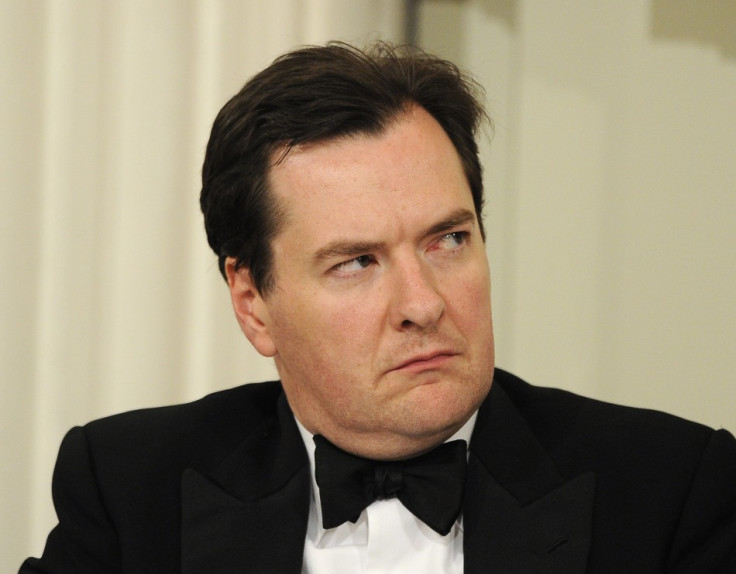Osborne's Budget 2013: Chancellor Puts Voters off Coalition Plans - Just with His Name

Voters are less likely to trust government economic policies if they are told Chancellor George Osborne are behind them, according to a damming survey.
With less than a week before he is due to announce his Budget - given extra importance since the downgrading by Moody's of Britain's credit rating from AAA to Aa1 - an Ipsos Mori survey suggests that Osborne's name on a policy is enough to make the public lose hope.
Researchers outlined both coalition and alternative Labour plans to reduce the deficit and asked polled adults to choose which one they preferred - without saying which was which.
A second test group was then given the same summaries, but this time containing the words "George Osborne argues that ..." or "Ed Balls argues that ..."
The survey found that when the politician's name was added, people's preference shifted from one side to the other. When Osborne and Balls were not mentioned, more than half (52 percent ) choose the coalition's plan to tackling the deficit compared with 41 percent who chose Labour's plan to increase government spending on investment.
However, when Osborne and Balls' names were added, the balance of favour tipped the other way with only 37 percent picking the chancellor's policy and 53 percent choosing Labour's.
Osborne is under increasing pressure to present a successful Budget following 2012's embarrassing U-turn on the pasty and caravan taxes.
The survey also revealed that fewer than one in five (18 percent) believes the state of the economy will improve over the next 12 months while 48 percent believe it will get worse.
However, only a quarter of those sampled believe that a Labour government with Ed Miliband as prime minister and Ed Balls as chancellor would do a better job of managing the economy than the current government. Around a third of those surveyed thought a Labour government would do a worse job on the economy.
Ipsos Mori interviewed 1,009 British adults by phone for the survey.
© Copyright IBTimes 2024. All rights reserved.






